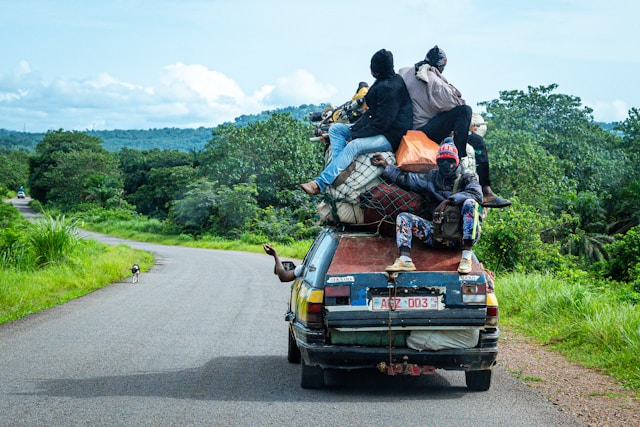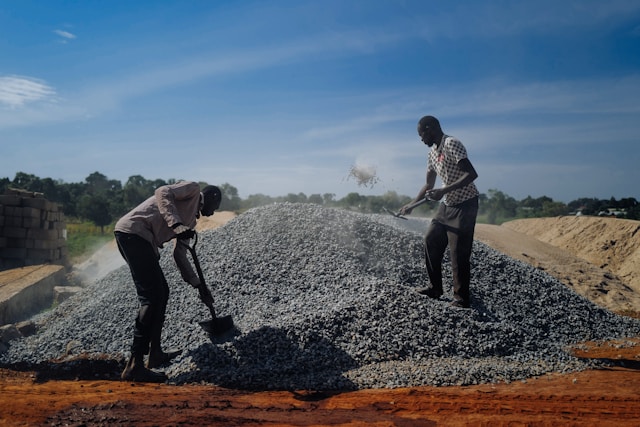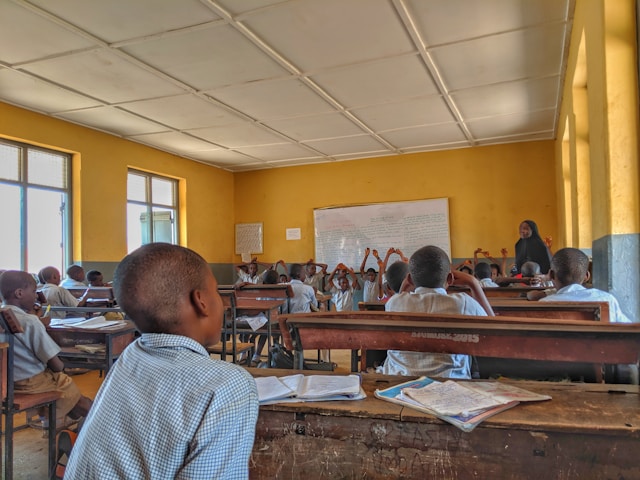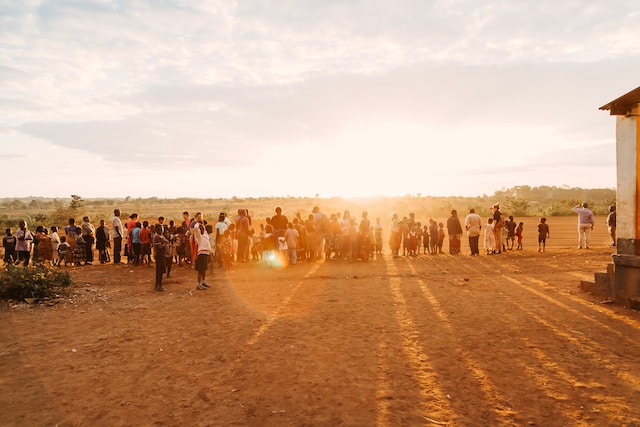Introduction Somaliland, a breakaway region of Somalia has remained a de facto independent state since 1991.[1] Historically, the unified state of Somalia did not exist as an independent sovereign entity…
Introduction The Alliance of Sahel States, also known in French as the ‘Alliance des Etats du Sahel’ (AES), is a confederation formed by Burkina Faso, Niger, and Mali.[1] The AES…
Introduction Since the 2024 United States of America (USA) presidential elections, I have largely stopped following American news. It has become difficult to watch how each major policy decision harms…
Introduction Unemployment and underemployment as socio-economic challenges in Kenya have been a push factor for job seekers to seek opportunities overseas. The government, cognizant of this problem, has opted for…
Introduction The current moment is often described as an escalation. In truth, it is something else: a revelation. International politics, or to put it more clearly: the most powerful players…
When Laws Fall Short: Unresolved Questions and Emerging Realities My doctoral research focussed on analysing the normative, institutional and procedural frameworks of the regional African human rights system towards their…
At the outset of my doctoral journey, I knew with certainty that I wanted to investigate and address social injustices embedded in mineral resource governance in the context of Burundi.…
I wrote the poem Robes Rob Us in a moment when my mind was clouded by the pressure of completing my PhD journey. It was during a conference on ‘Belonging…
Introduction This interview was conducted during a conference hosted by the Chair of African Legal Studies (26 – 28 November 2025) at the University of Bayreuth, marking the culmination of…
Introduction Belonging is not visibility, and it is not law on paper. It is the ability to live without fear, to move in public without calculating risk, and to express…








